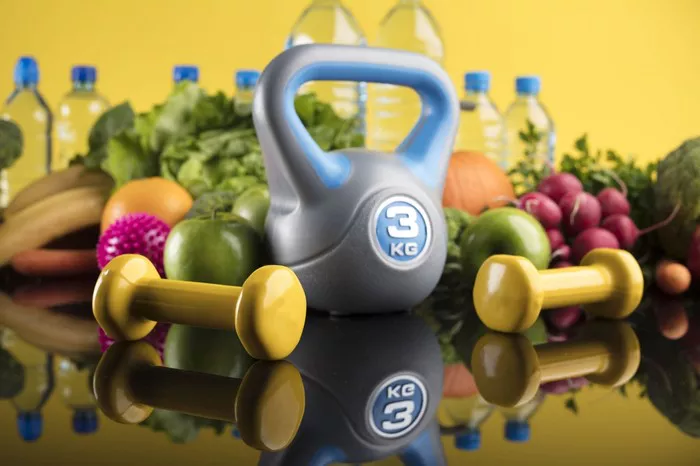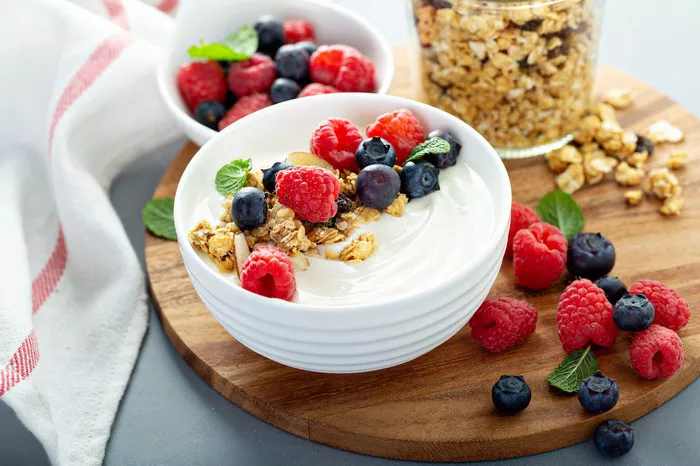When it comes to reducing belly fat, a combination of regular exercise, mindful eating, and a balanced diet is key. While no specific food can magically target belly fat, certain foods can support weight loss and contribute to a healthier waistline. In this article, we will explore some food choices that can help you on your journey to reduce belly fat and improve overall health.
Understanding Belly Fat
Belly fat, also known as visceral fat, is the excess fat stored around the abdominal organs. It is associated with an increased risk of various health conditions, including heart disease, type 2 diabetes, and metabolic disorders. Losing belly fat can have significant health benefits and contribute to a slimmer and more toned physique.
The Role of Diet in Reducing Belly Fat
To reduce belly fat, it’s important to create a calorie deficit by consuming fewer calories than your body burns. However, it’s equally important to focus on nutrient-dense foods that promote satiety, boost metabolism, and support overall well-being.
Foods to Incorporate for Belly Fat Reduction
While individual results may vary, the following foods are known for their potential to aid in belly fat reduction when combined with a balanced diet and regular exercise:
Protein-Rich Foods
Including protein in your meals can help promote satiety and increase the thermic effect of food, which refers to the energy expenditure during digestion and absorption. Opt for lean sources of protein such as chicken breast, turkey, fish, tofu, legumes, and Greek yogurt.
Fiber-Rich Foods
Foods high in dietary fiber can help control hunger, stabilize blood sugar levels, and support healthy digestion. Incorporate whole grains like oats, quinoa, and brown rice, as well as fruits, vegetables, and legumes into your diet to boost your fiber intake.
Leafy Greens
Leafy green vegetables are low in calories and high in nutrients. They provide essential vitamins, minerals, and antioxidants while adding volume to your meals. Include spinach, kale, Swiss chard, and collard greens in your diet to increase nutrient density without significantly increasing calorie intake.
Healthy Fats
Consuming healthy fats in moderation can help promote satiety, regulate hormone production, and support overall health. Opt for sources such as avocados, nuts, seeds, olive oil, and fatty fish like salmon and sardines. These foods are rich in omega-3 fatty acids, which have been associated with reduced inflammation and improved metabolic health.
Probiotic-Rich Foods
A healthy gut microbiome is crucial for overall health and weight management. Probiotic-rich foods like yogurt, kefir, sauerkraut, and kimchi can help promote a healthy balance of gut bacteria, potentially influencing weight regulation and reducing belly fat.
Spices and Herbs
Certain spices and herbs have been studied for their potential benefits in reducing belly fat. Turmeric, ginger, cinnamon, cayenne pepper, and black pepper may help boost metabolism, reduce inflammation, and improve insulin sensitivity when incorporated into a balanced diet.
Green Tea
Green tea is rich in antioxidants and catechins, which are known to support metabolism and promote fat oxidation. Enjoying a cup of green tea can be a refreshing and beneficial addition to your daily routine.
Lean Protein Sources
Choosing lean sources of protein helps reduce calorie intake while providing essential nutrients. Include skinless poultry, fish, tofu, tempeh, legumes, and low-fat dairy products in your meals to support muscle growth and repair while promoting satiety.
Berries
Berries are packed with antioxidants, fiber, and vitamins while being relatively low in calories. Blueberries, strawberries, raspberries, and blackberries are delicious additions to your diet and can satisfy your sweet tooth without adding excessive sugar or calories.
Chili Peppers
Capsaicin, the compound responsible for the spiciness in chili peppers, has been linked to increased metabolism and fat burning. Incorporating chili peppers or chili pepper flakes into your meals may help support weight loss efforts.
The Importance of a Balanced Approach
While these foods can potentially contribute to reducing belly fat, it’s important to emphasize the overall balance of your diet. Focus on consuming a variety of nutrient-dense foods in appropriate portions, while also paying attention to your calorie intake and physical activity levels.
Reducing belly fat is a gradual process that requires consistency and a holistic approach. Pairing a healthy diet with regular exercise, stress management, adequate sleep, and hydration will yield the best results in achieving a trim waistline and improved overall health.
Conclusion
While no food can specifically target belly fat, incorporating certain foods into your diet can support weight loss efforts and contribute to a healthier waistline. Protein-rich foods, fiber-rich foods, leafy greens, healthy fats, probiotic-rich foods, spices and herbs, green tea, lean protein sources, berries, and chili peppers are all options worth considering.
Remember that individual results may vary, and it’s important to approach belly fat reduction with a balanced and sustainable mindset. Prioritize a healthy lifestyle that combines regular physical activity, mindful eating, and a well-rounded diet. By making these positive changes, you can work towards reducing belly fat, improving overall health, and enjoying a trimmer waistline.























